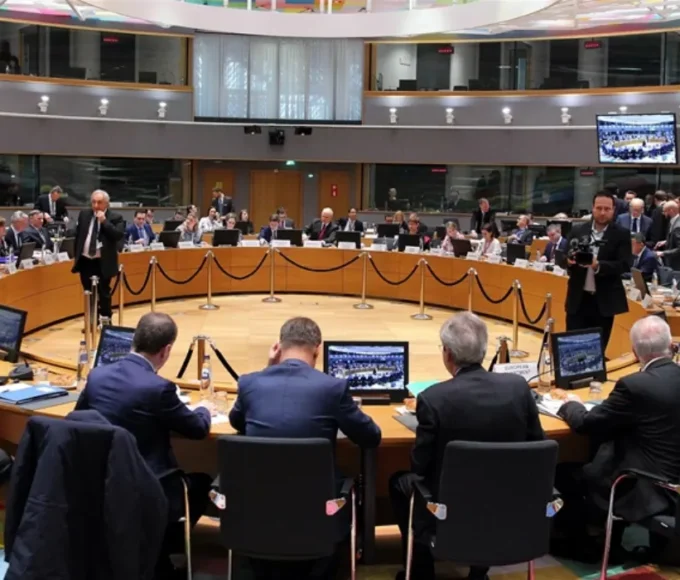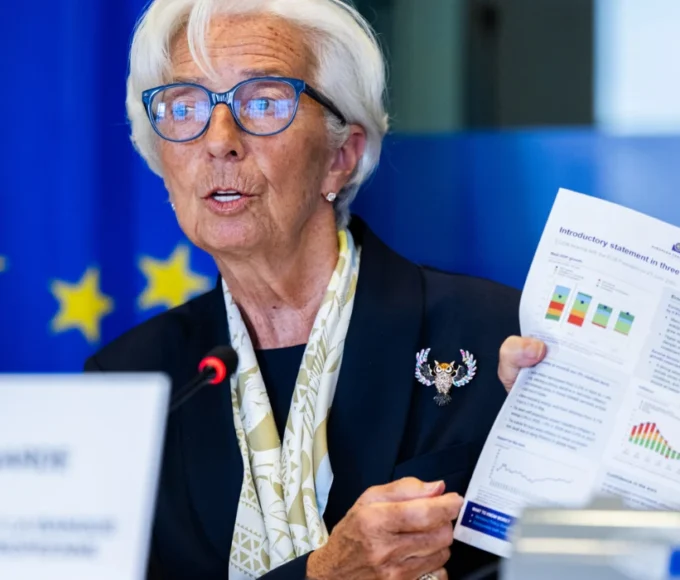A major international operation targeting child sexual exploitation online has led to the arrest of 166 individuals across 12 European countries, with 10 arrests made in Spain. The operation, known as Fever, was coordinated by Europol, with support from U.S. agencies such as the FBI and the Department of Homeland Security. This operation is one of the largest recent efforts to dismantle international networks involved in the production and distribution of child sexual abuse material.
Read Also: How Many Euros for One Dollar on April 7? Exchange Rates and EU Economic Forecast
Operation Fever: Scope and Execution
Between March and April 2025, authorities conducted a comprehensive operation in Spain, resulting in multiple arrests across several provinces, including Pontevedra, Guipúzcoa, Jaén, Girona, Málaga, Barcelona, Las Palmas, and Córdoba. The operation’s goal was to identify individuals responsible for serious offenses, including sexual abuse of minors, and the possession, production, and distribution of child pornography.
In total, the operation spanned several weeks, with authorities conducting 11 home raids across Spain. During these raids, a large volume of digital materials was seized, which is currently under analysis by cybercrime experts. The Spanish authorities’ efforts are part of a broader European initiative to combat child sexual exploitation online, with agencies working together to track and apprehend offenders across multiple countries.
Collaboration Between Agencies and Countries
The operation, coordinated by the Central Cybercrime Police Unit of Poland, involved a wide range of international law enforcement agencies. In addition to Europol, the operation had the support of the Joint Cybercrime Action Taskforce (J-CAT), a unit comprising experts from several European countries dedicated to tackling online crime.
Spanish authorities played a significant role, with the Equipo Mujer Menor (EMUME), the Women and Minor Team from the Civil Guard’s Judicial Police Technical Unit, leading the investigation within Spain. This specialized unit focuses on crimes involving the sexual exploitation of minors committed in digital environments. In total, 12 European countries participated in the operation, including Denmark, Estonia, Germany, Greece, Hungary, Ireland, Latvia, Romania, Sweden, Bulgaria, and Poland. U.S. agencies, including the FBI, Homeland Security Investigations (HSI), and the National Center for Missing & Exploited Children (NCMEC), also contributed to the operation.
Results and Impact
The Fever operation has led to significant successes in the fight against child sexual exploitation. In addition to the arrests, law enforcement agents seized over 6,000 electronic devices during home raids. These devices are being analyzed for evidence that could link additional suspects to criminal networks involved in the abuse and exploitation of minors.
Furthermore, nearly 600,000 digital files, including images and videos containing child abuse material, were recovered. This mass collection of evidence is vital for tracking criminal networks and identifying additional victims. Authorities emphasized the importance of such operations in the global fight against online child sexual exploitation and the need for continued international cooperation to address this growing issue.
Continued Investigation and Future Actions
The investigation remains ongoing, and further arrests or actions are not ruled out. Spanish authorities, along with international partners, are continuing to analyze the seized material to uncover new leads and potentially identify additional victims. The Fever operation highlights the urgent need for continued vigilance and collaboration between countries to tackle the widespread issue of child sexual exploitation in digital spaces.
Authorities have expressed the importance of these operations, noting that they are part of a broader strategy to combat sexual violence against minors, particularly those offenses committed and disseminated in the digital realm. The investigation also underlines the role of law enforcement agencies in securing the safety of children by identifying and dismantling networks that perpetuate these heinous crimes.
This article is originally published on: infobae









